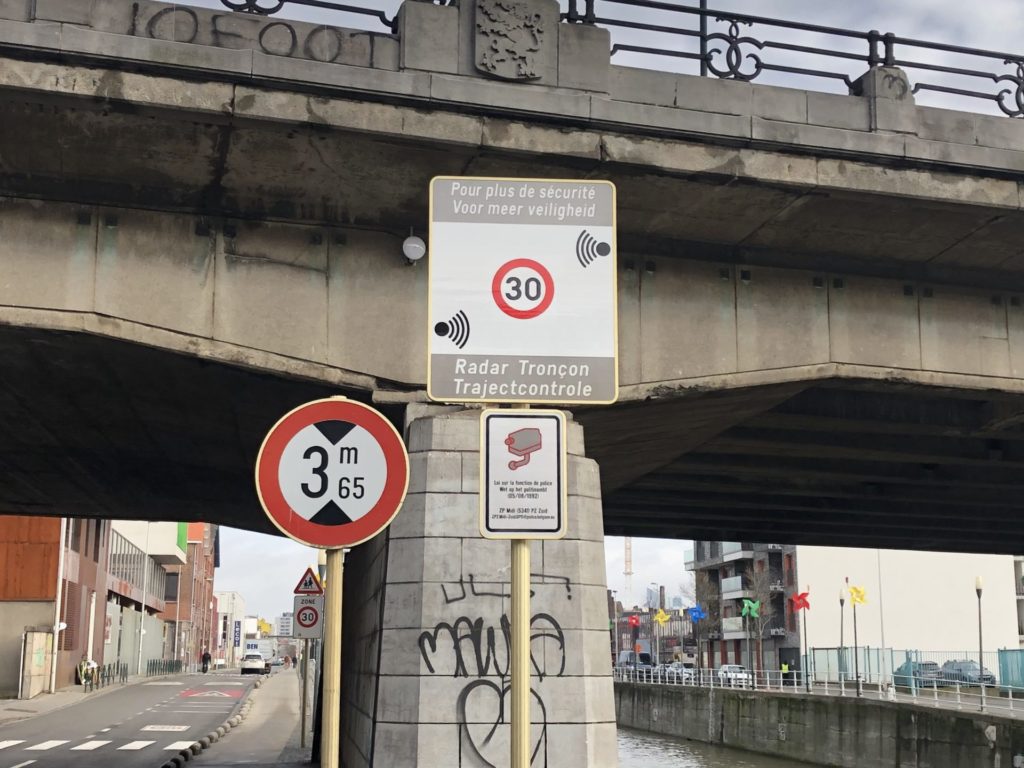Drivers who claim they are unaware of the Brussels-Capital Region's new generalised 30 km/h speed limit will still have to pay their fine, Brussels authorities stressed.
Drivers who claim they were unaware of Brussels new zone 30 - which limits the speed to 30 km/h across the entire Region, unless indicated otherwise - will still be reported and fined, according to Jurgen De Landsheer, chief of the Brussels-Midi police zone.
"The speed cameras take a photo, and the device tells you how fast you were driving," he told The Brussels Times. "It catches you in the act. The evidence is in the picture, we as a police force cannot just decide to let that slide."
"We send all our reports to the Brussels public prosecutor's office," De Landsheer said, adding that the prosecutor is the only one who could decide not to punish a violation.
Related News
- Brussels 30 km/h zone will be enforced from January 1
- Police fear Brussels 'Zone 30' could fail once people return to work
- Court’s speeding verdict ‘not a danger’ for Brussels Zone 30
However, Brussels public prosecutor Jean-Marc Meilleur does not intend to let speeders get away unpunished, even if they explain in court that they were unaware of the change.
"'Not knowing' is not good enough. If you were caught driving too fast, then you were driving too fast," he said. "The information is everywhere. No excuses."
The regional authorities are still removing or replacing some now-outdated traffic signs in a few zones, but the police will immediately fine people driving too fast in all other zones.
"However, we are not out to get people and write up as many fines as possible," De Landsheer said. "We want to enforce to lower speed limit in the areas where it is necessary."
Additionally, the aim of the lowered speed limit is not to punish drivers going 33 km/h, but rather those driving 60 or 70 km/h, Brussels Mobility Minister Elke Van den Brandt stressed.
"We have also installed many preventive radars, which do not make fines, but indicate how fast you are driving," she said. "They also make people spontaneously drive more slowly."
However, if police zones receive complaints about certain streets or places where many people often drive too fast, they will go there to take some readings.
"If, based on those readings, we determine that a certain place has a speeding problem, we will put our mobile controls there. Drivers going too fast will be fined immediately," he added.
Maïthé Chini
The Brussels Times

